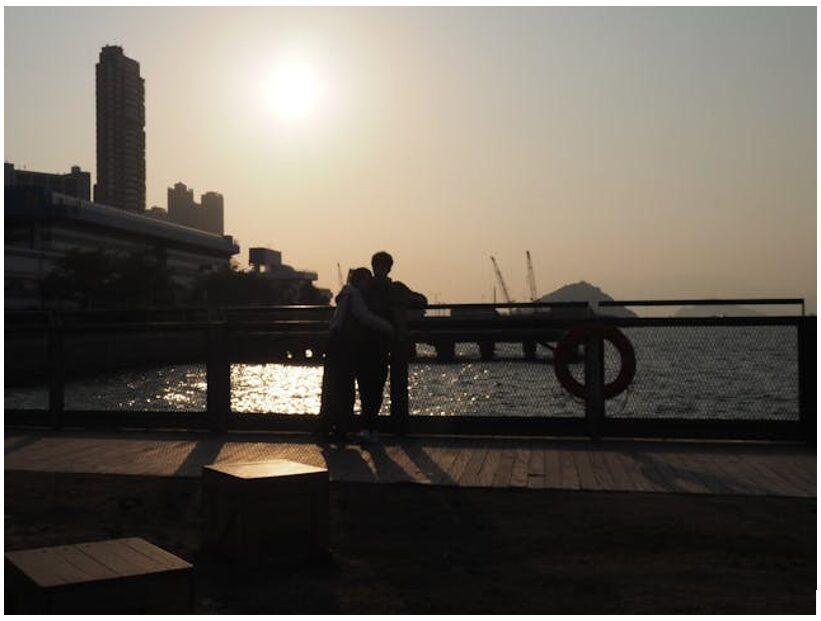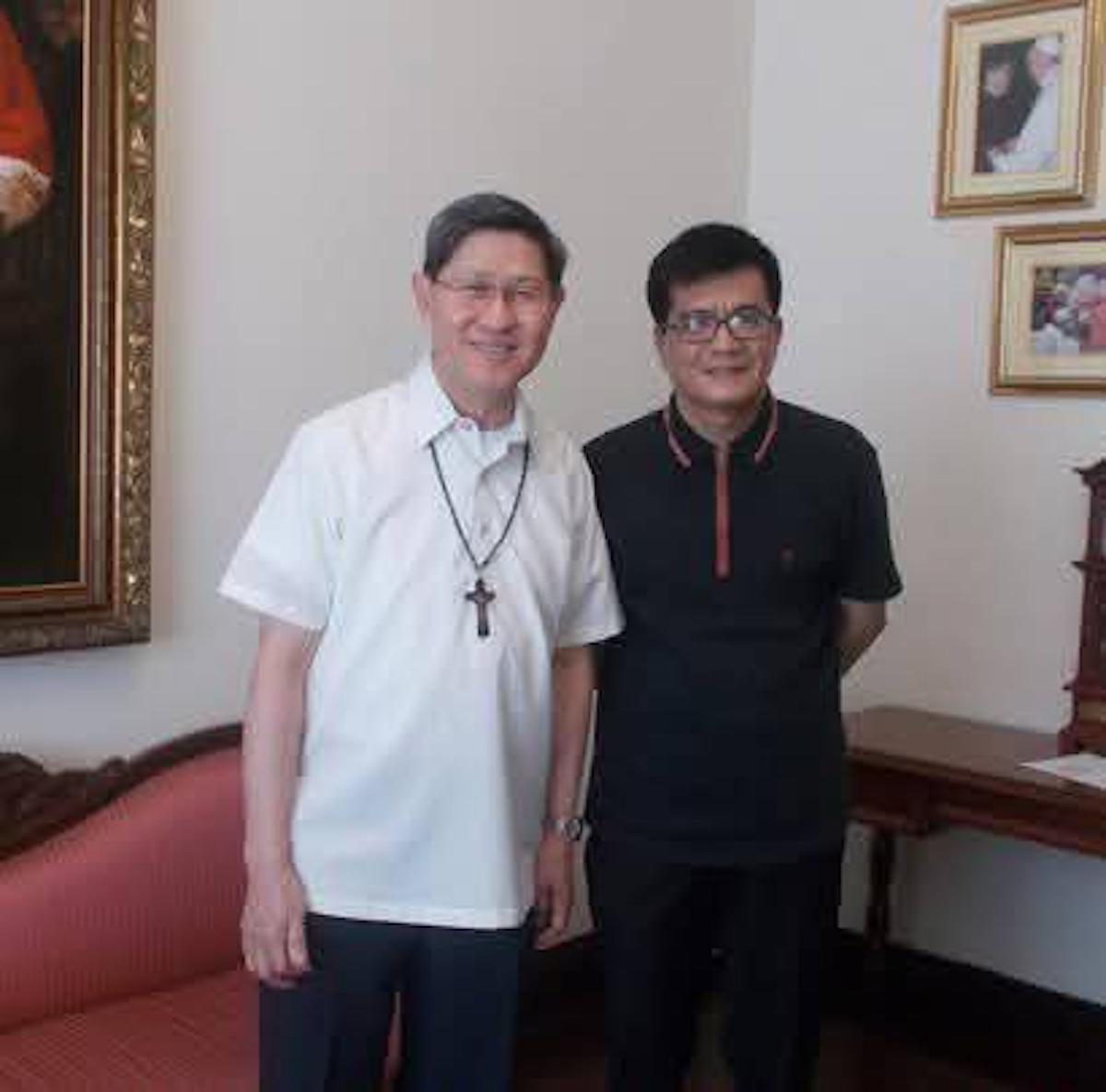WHILE most of the country is joining the bandwagon of President-elect Rodrigo Duterte, the Church is keeping its stand and keeping a close eye on the incoming leadership.
Earlier in April before he won the votes, Duterte has already shrugged off a possible support from the Church. He even warned Catholics to not vote for him because the Church said it would be sin to vote for him.
He then vowed that, if he wins, the Church would have no say in his administration.
Duterte and the Church leadership have since been butting heads on divisive issues such as death penalty and family planning. The president-elect insists on these “solutions” to combat criminality and overpopulation.
“I’m a Christian, but I’m a realist so we have to do something with our overpopulation,” he said. “The religious sector, I’m sorry, your fundamental beliefs do not solve the problems of the country,” Duterte said on Sunday, May 22.
Duterte said the government’s population control program was “not moving because every President has deferred to the stand of the Catholic Church.”
“I will defy the opinion or the belief of the Church,” Duterte vowed. He called the Church as the most “hypocritical institution” and warned to reveal the sins of the Church if it continues to meddle in his leadership.
For centuries, followers of the Church are bound by stern and unrealistic expectations that are set by strict traditions. Today, the Church must become less of a moral standard and must make itself more of a guide, for people to find a harmonious relationship with God without dictating on how they can live as decent human beings.
There is something in the Filipino ethos that makes a person accept the harsh reality. A Filipino finds it easy to come to terms with hardships and persist on achieving a better life. What softens the blow of the realities of life is the Filipino spirit when it comes to living a difficult life. Such resilience is a precious gift, but is not an excuse to practice fatalistic attitude.
The country’s problems is multi-faceted which makes mitigation to require action from multiple fronts—including the Church. Religion is no excuse. Being faithful is not turning a blind eye on solutions (that contradicts the teachings of the Church) to problems. The Filipino faithful must find a balance to embrace their faith and welcome the change they want achieved in the society. (AJPress)
- Central Luzon Delivers Decisive Wins in 2025 Philippine Midterms
- EARLY RESULTS: Ilocos Region Sees Marcos, Singson Dynasties Consolidate Power in 2025 Midterms
- U.S.–China Tariff Truce: What It Means for Everyday Consumers
- Metro Manila 2025 Elections: Voter Turnout, Political Dynasties, and Power Shifts Define Local Race
Back To Top






